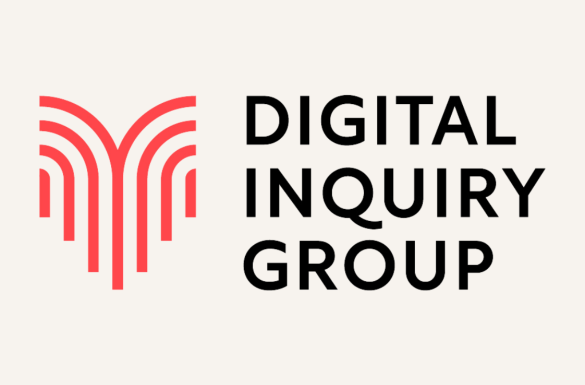Our History
The Stanford History Education Group (SHEG) is founded in 2002 when Sam Wineburg moves from the University of Washington to Stanford. Working with Chauncey Monte-Sano, Daisy Martin, Abby Reisman, Brad Fogo, and Eric Shed, Wineburg redesigns Stanford’s approach to preparing future history/social studies teachers. His curriculum and instruction methods course becomes an incubator for generating innovative ideas about teaching history using original documents.
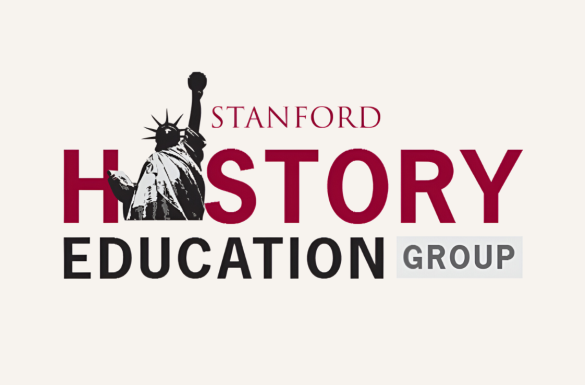
In collaboration with George Mason University, SHEG wins the contract to host the National History Education Clearinghouse, a $7.1 million initiative funded by the U.S. Department of Education. The Clearinghouse brings together up-to-date resources, best practices, and summaries of research for America’s teachers.
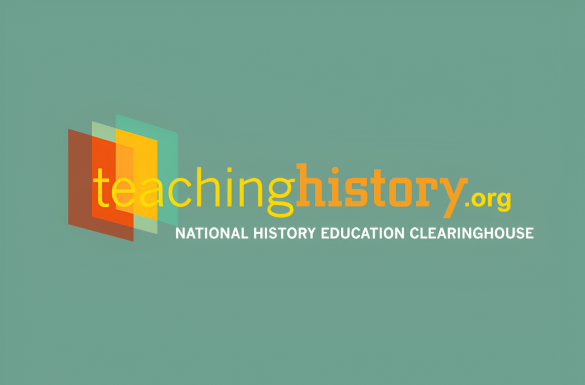
The Reading Like a Historian curriculum is expanded by Abby Reisman and tested in a large-scale intervention in San Francisco high schools. Results show major gains in student knowledge, historical thinking, and reading comprehension. Reisman and Brad Fogo refine the materials used in the study, and SHEG posts them online for free.
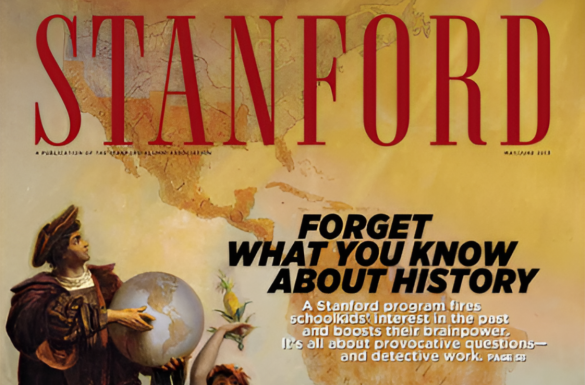
SHEG launches Beyond the Bubble, a collection of innovative history assessments. Supported by a grant from the Library of Congress, these assessments draw on the wealth of original documents in the Library’s collection. In collaboration with Sam Wineburg and Joel Breakstone, DIG’s Director of Assessment Mark Smith leads the psychometric testing of the new measures. DIG’s Director of Curriculum Teresa Ortega joins the SHEG team to support SHEG’s growing initiatives.
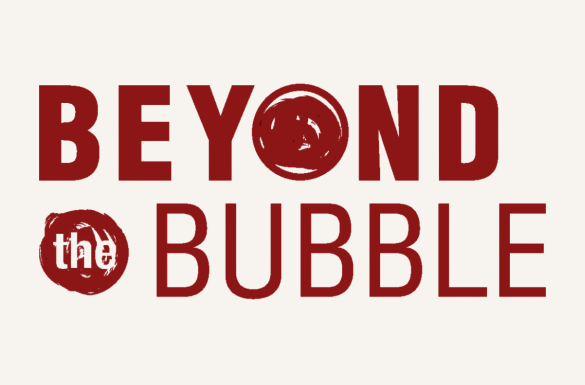
Joel Breakstone, PhD, assumes SHEG’s day-to-day leadership. Under his direction, downloads of SHEG’s curriculum increase from 1 million to 5 million in the span of two years. Sarah McGrew begins her graduate studies and immediately becomes an integral part of SHEG’s efforts to research and develop digital literacy resources.
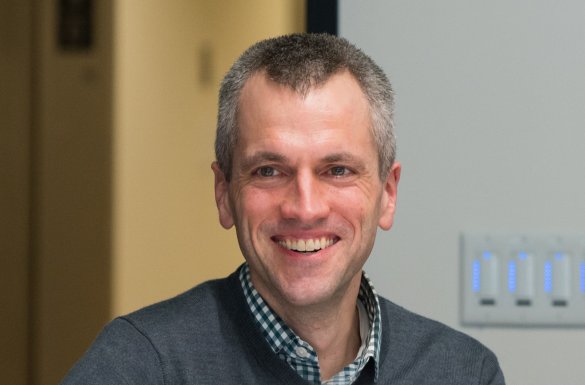
LAUSD, the second largest district in the country, adopts SHEG’s free Reading Like a Historian curriculum. Teachers in the district receive professional development in how to implement the document-based curriculum in their classrooms. With consulting arrangements in New York City and Chicago Public Schools, SHEG establishes a presence in the nation’s three largest school districts.
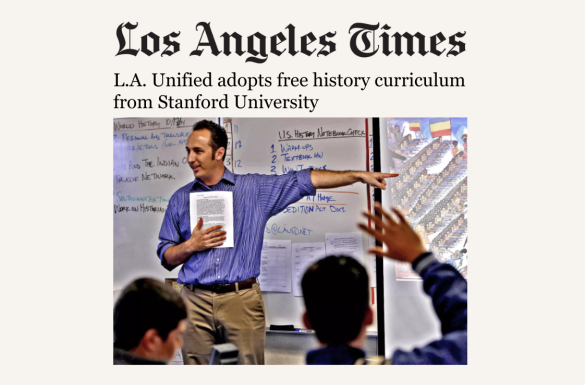
SHEG publishes a study showing that “digital natives” struggle to tell fact from fiction online. The study is featured in the Wall Street Journal, NPR, BBC, Die Zeit, and dozens of major outlets across the world. The research becomes the most cited study out of Stanford in 2016.
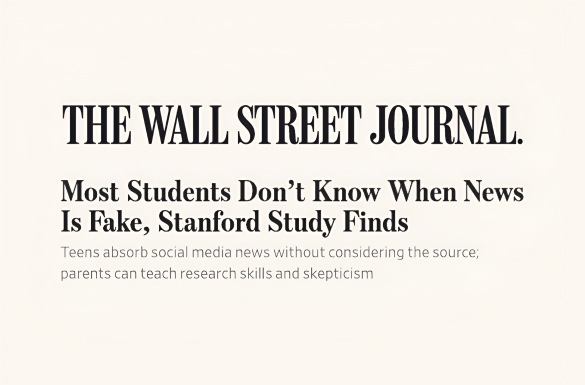
SHEG receives a $1 million grant from Google.org to develop and test a curriculum for teaching students to become thoughtful digital citizens. The Civic Online Reasoning curriculum goes live in December. SHEG works with best-selling author John Green and his Crash Course team to develop the 10-part series, “Navigating Digital Information.” The series racks up over 6 million views.
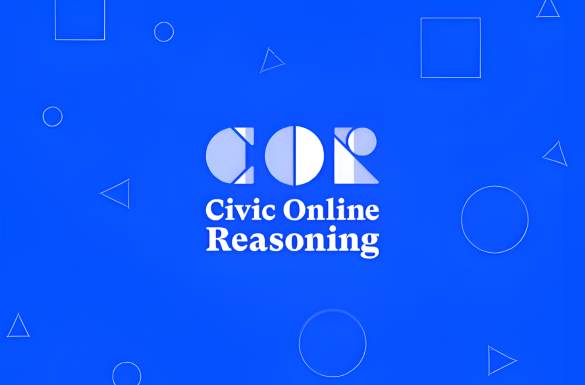
SHEG undertakes the largest national survey to date of students’ digital discernment. Nearly 3,500 high school students, matching the demographic profile of students in the U.S., are provided an internet connection and tasked with evaluating six online sources. Across the board, students struggle. Results reveal an urgent need to prepare students to thrive in a world in which information flows ceaselessly across their screens.

SHEG field-tests the Civic Online Reasoning curriculum across high schools in Lincoln, Nebraska, using an experimental design. Students in treatment classrooms nearly double in their ability to accurately judge online content compared to peers in regular classrooms.
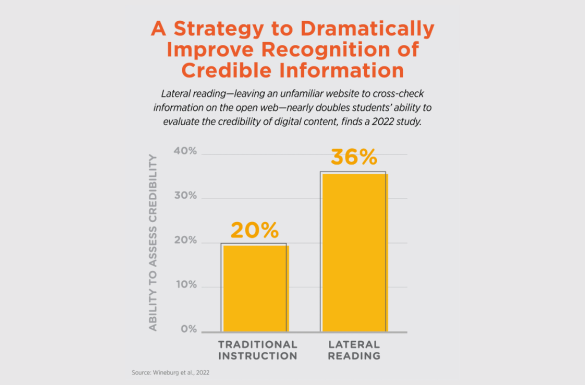
In January 2024, SHEG spins out of Stanford to become the Digital Inquiry Group (DIG), an independent 501(c)(3) nonprofit organization to give us greater flexibility and to ensure the long-term sustainability of our work.
